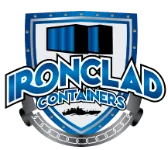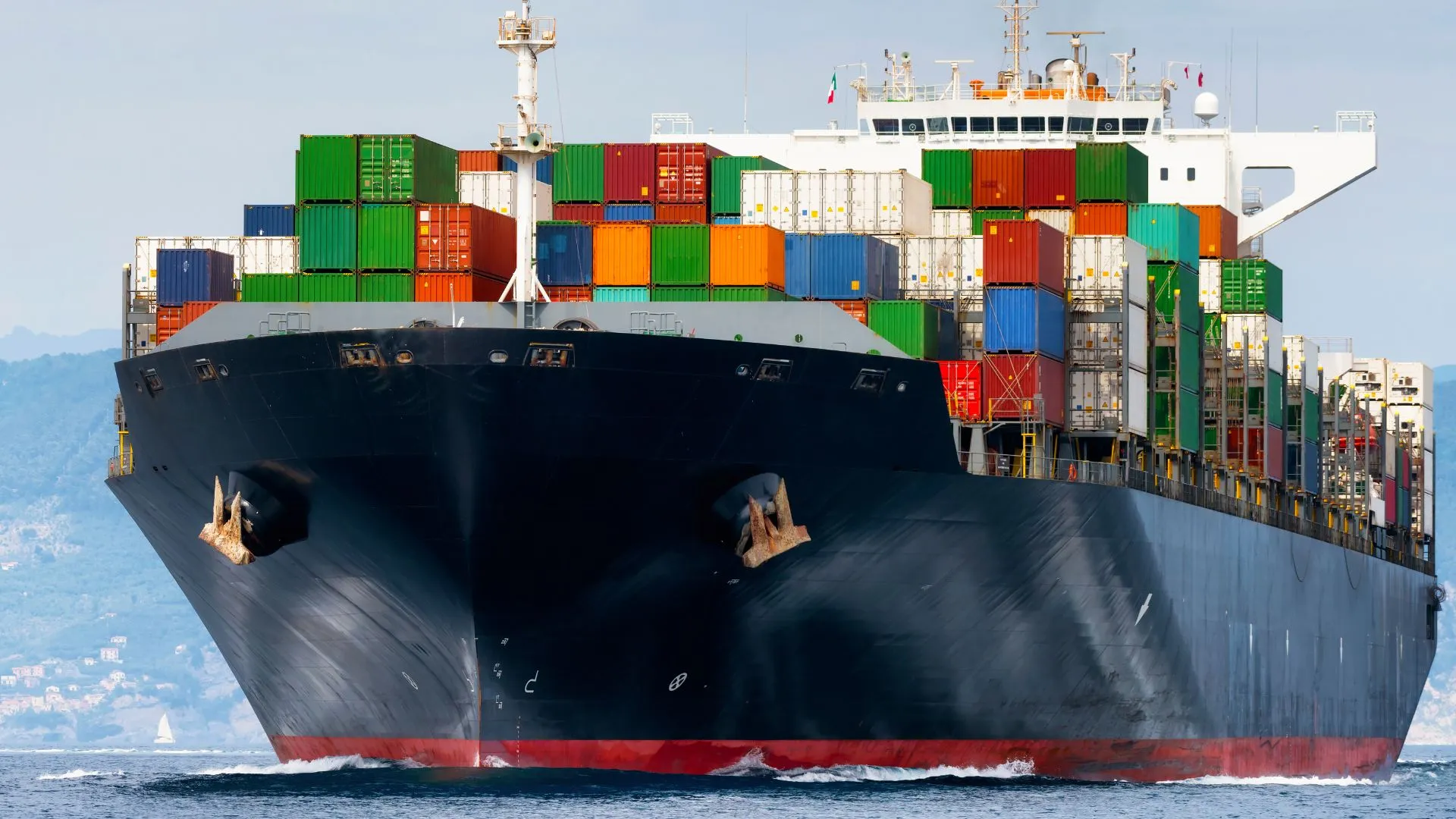What It is Called, Which Size Is Right, and What to Consider Before You Buy
If you are dealing with importing, exporting, or transporting industrial goods, chances are you’ve looked into buying a cargo container. You have probably wondered:
How much does one cost?
What are they actually called?
What size should you go for?
What should you know before spending your money?
Let’s break it down in simple terms to help narrow your search, so you can find the right supplier like us whether you want to buy or rent it.
What Do You Call These Big Metal Boxes Anyway?
People call them all sorts of names. Here are the most common:
- Cargo container
- Shipping container
- Sea can
- Freight container
- Intermodal container
No matter what name you use, they all describe heavy duty steel shipping boxes designed to transport goods across land and sea and even work great for on-site storage.
So, How Much Does a Cargo Shipping Container Cost?
Prices can vary depending on:
- The size of the container
- Whether it is new or used
- If it is standard or a specialty type (like high cube 40 ft refrigerated shipping containers)
- How far it needs to be delivered
What’s the Best Container Size for Industrial Import/Export?
If you are moving industrial goods continually, your best bet is usually the:
40-Foot High Cube Container
Why High Cube?
It is one foot taller than a standard container, offering more vertical space which comes in handy when stacking or loading tall items.
Key Specs:
- Length: 40 feet
- Width: 8 feet
- Height: 9.5 feet
- Capacity: ~2,700 cubic feet
- Weight limit: ~29,000 kg (~64,000 lbs)
This is the most common and practical choice for industrial shipping because:
- It has more space inside thanks to the extra foot in height.
- It is perfect for bulky equipment, machinery, or large shipments.
- It is commonly used in global trade, so it’s easy to load onto ships, trains, and trucks.
If your cargo is very heavy but not too big, a 20 foot sea container might be better. 20-footers are more affordable, easier to transport, and better for high-weight, low-volume cargo.
How Much Does a Cargo Container Cost?
Container pricing is based on size, condition, container type, location, and market demand. Long in short, it depends.
Prices fluctuate with global steel markets, fuel prices, and even supply chain issues. Always ask for a real-time quote to avoid surprises. To buy or rent a cargo container, call 888-818-8568.
Here’s a breakdown of what you might expect to pay in Canada:
| Container Type | Size | Condition | Estimated Price Range (CAD) |
| Standard Dry Container | 20 ft | Used | Average cost $2,000 – $3,500 |
| Standard Dry Container | 20 ft | New | Average cost $3,500 – $6,000 |
| High Cube Container | 40 ft | Used | Average cost $3,500 – $6,000 |
| High Cube Container | 40 ft | New | Average cost $6,000 – $9,000 |
| Refrigerated Container | 40 ft | Used | Average cost $7,000 – $10,000+ |
What to Consider Before Buying a Cargo Container for Industrial Import/Export
1. What Are You Shipping?
- Bulky but light? → Go for a 40 ft high cube.
- Heavy and compact? → 20 ft standard will do.
- Sensitive to temperature? → Look into refrigerated (reefer) containers.
2. New vs. Used: What’s the Difference?
New Containers (One-Trip)
- Pros: Clean, dent-free, long lifespan
- Cons: More expensive
- Best for: Exporting goods, professional appearance, long-term use
Used Containers
- Pros: Budget-friendly, functional for most uses
- Cons: May have rust, dents, or repairs
- Best for: On-site storage, local shipping, temporary projects
At Ironclad Containers, all our used containers are wind and watertight, structurally sound, and thoroughly inspected before sale.
3. Delivery Logistics – Can You Receive a Container at Your Location?
Before you buy, ask yourself:
- Is your site accessible by truck?
- Do you have enough clearance (about 100 ft for a 40-ft container)?
- Do you need a crane or tilt-deck truck for offloading?
- Is the ground level firm enough to place the container?
Ironclad Containers offers fast and affordable delivery across Ontario and beyond. We will help you prepare the site and schedule the drop-off.
4. Custom Modifications – Do You Need Any?
We can upgrade your container to fit your industrial needs. Popular options include:
- Steel lockboxes for extra security
- Roll-up doors for easy access
- Custom shelving for inventory
- Paint/branding to match your company colors
Modifications increase the value and usability of your container, especially if you are using it regularly at a job site or warehouse.
5. Local & International Compliance
If you plan to export internationally:
- Make sure your container is CSC certified (International Convention for Safe Containers)
- Avoid heavily rusted or structurally compromised units, they may be rejected at ports
- Get proper documentation from your container supplier
We provide certified containers ready for export with the paperwork to match. When buying a cargo container for industrial use, think long-term:
- Don’t just go for the cheapest option, choose based on how you will use it
- Ask about delivery costs, not just container price
- Think about space, accessibility, and container lifespan
At Ironclad Containers, we take the guesswork out of the equation. Whether you are shipping across Canada, storing at a site, or sending goods overseas, we will help you find the right size, right price, and right fit for your industrial needs.

